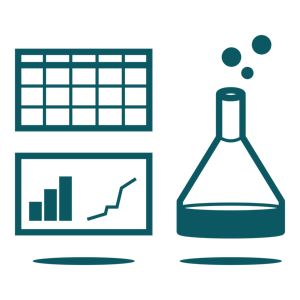Because population health is interdisciplinary, several degrees can prepare you for a career in the field.
At a minimum, you will need an undergraduate degree. While there are no required majors for a career in population health, a bachelor’s program in health administration or public health will serve as an excellent foundation. Management-level positions will likely require a graduate degree, multiple years of experience, and in many cases, some combination of both.
Graduate Degree Programs
Some graduate programs are specifically tailored to population health careers. For example, Thomas Jefferson University and Johns Hopkins University both have online graduate programs for working professionals looking to further their education in the field. Depending on your pacing, such programs could take 2 to 4 years to complete. You can use the ASSPH search tool to identify certified programs in population health and find a program tailored to your needs.
To learn more about the public health school application process, see this article.
Certificates
However, there are other ways to pursue education in population health. Many schools offer certificates in related topics, including population health management, health data science, and healthcare administration. This is a good option if you already have extensive relevant work experience or are looking to build up a very specific skill set. If you are already in the application process for an MPH program, certificates can supplement your concentration of choice.
Population Health Coursework
Most accredited public health schools will have coursework within different concentrations that relate to population health. Depending on your desired focus, you can tailor concentration choice and electives to the available courses.
If you are more interested in working directly with health data, review course offerings for biostatistics, epidemiology, and health analytics/informatics concentrations. These careers will place a high emphasis on proficiency with software such as R, Python, SQL, and EMR (electronic medical records). Courses that would be relevant to population health analytics careers include:
Population Health
Health Analytics and/or Informatics
Outcomes Research
Implementation Science
Software-based courses such as SQL, R, and Python
If you are interested in working in management, administration, or health services, you will likely find relevant course offerings in Management, Policy, and Health Services Research programs. Courses that would be relevant to population health management careers include:




